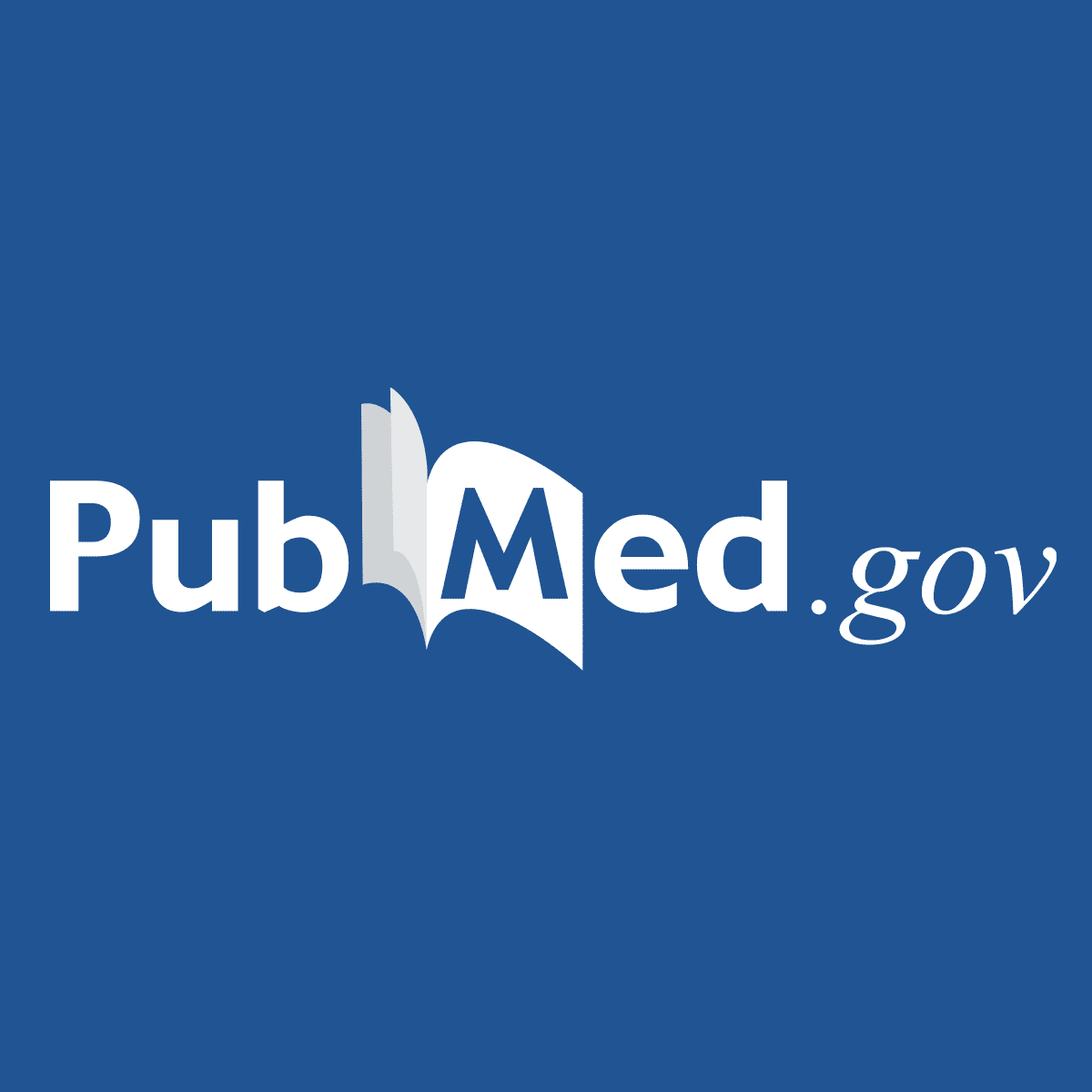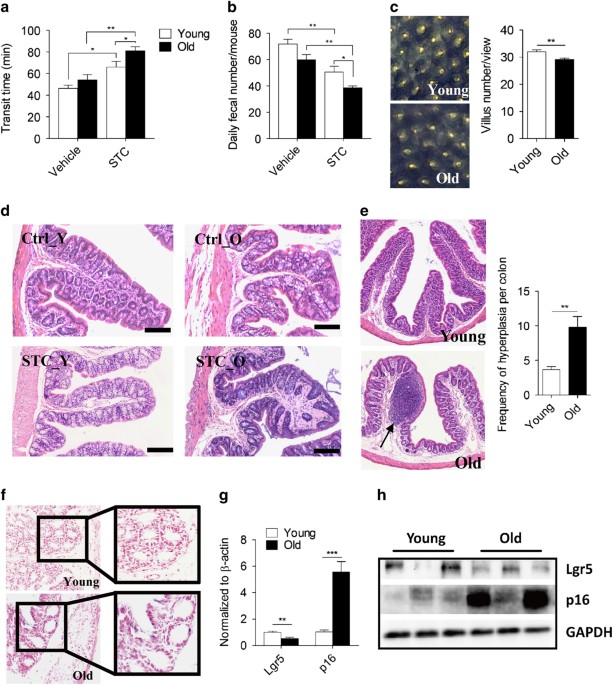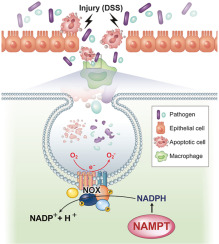UG Krishnamurti
Member
- Joined
- Sep 28, 2020
- Messages
- 555
According to this study they've made a bold claim that all IBD (Inflammatory bowel diseases) are caused by Mycobacterium avium subspecies paratuberculosis (MAP) "we additionally suggest that all of IBD may be caused by MAP [16, 22, 26]"
They also shown that all "antiinflammatories" and "immunosuppressants" used in treating Crohn's inhibit the growth of MAP - which is probably the reason for their success. "It is that multiple agents used in the treatment of IBD are in fact antiMAP antibiotics."
Beside showing that nicotine, nicotinic acid, nicotinamide enhances MAP [Maybe the reason to stop taking niacinamide as well if you notice discomfort] they've also shown that salicylic acid also enhances MAP.
They also shown that all "antiinflammatories" and "immunosuppressants" used in treating Crohn's inhibit the growth of MAP - which is probably the reason for their success. "It is that multiple agents used in the treatment of IBD are in fact antiMAP antibiotics."
Beside showing that nicotine, nicotinic acid, nicotinamide enhances MAP [Maybe the reason to stop taking niacinamide as well if you notice discomfort] they've also shown that salicylic acid also enhances MAP.




